

Tao Te Ching

Contemplation
Most live on the surface of life repeating the patterns and cliches of their family, culture, religion, social group, nationality. Seeing deeper requires an unexpected bravery to step outside the status quo, a skillfulness to do so without persecution, and a wisdom to do so in ways that create positive change. Without serious contemplation, none of that is possible. With it as historical figures like Genghis Khan, Napoleon, Lao Tzu, and Buddha demonstrated, everything is possible.
Quotes (77)
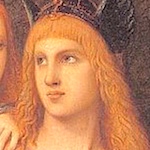
“That man is best who sees the truth himself. Good too is he who listens to wise counsel. But who is neither wise himself nor willing to ponder wisdom is not worth a straw.”
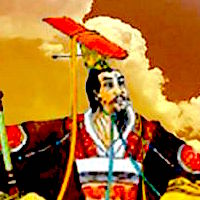
“If you consider something easy, it is bound to become hard. If you consider something hard, it is bound to become easy.”

“Like rain breaking through an ill-thatched house; ignorance, passion, and aggression will break through an unreflecting mind.”
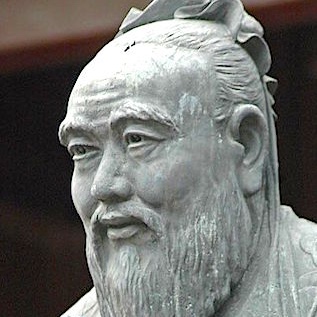
“When in early antiquity Fu Xi ruled the world, he looked upward and contemplated the images in the heavens; he looked downward and contemplated the patterns on earth… He proceeded directly from himself and indirectly from objects. Thus he invented the eight trigrams”

“He who learns but does not think is lost. He who thinks but does not learn is in great danger.”

“Those who win success, think deeply before doing anything. Those who suffer failure, avoid contemplation and make few calculations beforehand.”
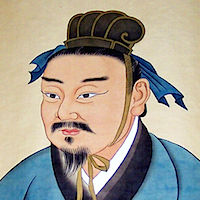
“The skilled reader turns it over and over in his mind, and once he gets it, draws on it his whole life, finding that it has no limits.”

“This is the time and place to leap beyond the ten thousand emotional entanglements of innumerable kalpas. One contemplation of ten thousand years finally goes beyond all the transitory, and you emerge with spontaneity.”

“Even animals know what to do when commanded but only the wise know when not told.”

“The wise carefully contemplate before taking action; fools quickly act before thinking.”
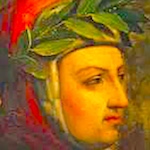
“Amazed at the heights of mountains, the ocean’s wideness, the power of nature, and the distance of stars; ourselves we consider not.”

“It is foolish to think that we will enter heaven without entering into ourselves.”

“At first it was very hard. But once I learned how to use my mind, it became very easy. What the world considers hard, the sage considers easy. What the world considers easy, the sage considers hard.”
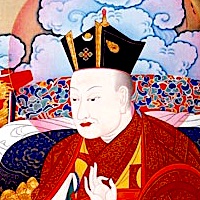
“All phenomena—from form through omniscience—are not established whatsoever as any extreme elaboration such as existent, nonexistent, arisen, ceased, permanent, impermanent, empty, not empty, true, or false. Although conventional terms such as 'emptiness' and 'suchness' are given, it is nothing more than looking at the essence of thoughts.”

“Some books are best tasted, some swallowed, and a very few best if chewed and digested... read not to impress, to debate, to believe; but to contemplate and consider.”

“Don't lose your way in useless discussion and wearisome verbosity wasting time and patience on matters best left along and then not have any time left for what's important.”

“some make much of what matters little and little of much… Many never lose their common sense, because they have none to lose… The wise person thinks over everything, but with a difference, most profoundly where there is some profound difficulty.”

“If you have to deny something, mature the 'no' by appealing to an inner court of revision.”
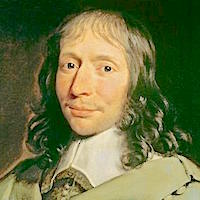
“All the troubles of man come from his not knowing how to sit still.”
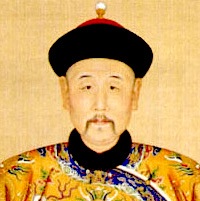
“Make a practice of quietness and so lengthen the days of your life… If one an get even two or three hours of quiet relaxation, it makes up for days of hardship.”

“Consider how hard it is to change yourself and you’ll understand what little chance you have in changing others.”
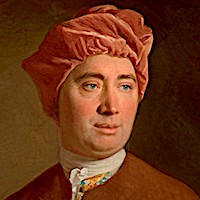
“The role of reason is not to make us wise but to reveal our ignorance.”
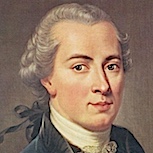
“Skepticism is a resting-place for human reason, where it can reflect upon its dogmatic wanderings… but it is no dwelling-place for permanent settlement.”

“Thoughts without content are empty, intuitions without concepts are blind.”
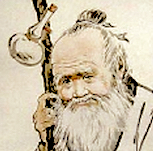
“Practice contemplation in action by combining flexibility with firmness, solidity with openness, and returning the nonexistent to existence.”
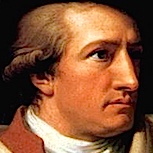
“We know accurately only when we know little; doubt grows with knowledge... With wisdom grows doubt.”
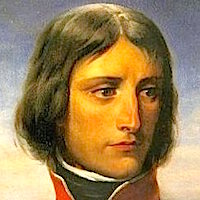
“I meditate a great deal. If I seem equal to the occasion and ready to face it when it comes, it is because I have thought the matter over a long time before undertaking it.”

“For the more one reads the fewer are the traces left of what one has read; the mind is like a tablet that has been written over and over... If one reads straight ahead without pondering over it later, what has been read does not take root, but is for the most part lost.”
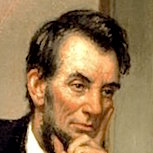
“Message to his son’s teacher: 'Teach him the wonder of books but also give him quiet time to ponder the eternal mystery of birds in the sky, bees in the sun, and the flowers on a green hillside. Teach him it is far more honorable to fail than to cheat.'”
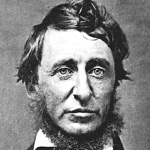
“I sat in my sunny doorway from sunrise till noon and I grew in those seasons like corn in the night... I realized what the Orientals mean by contemplation”

“the fullness of contemplative thought—the mind not searching, but beholding, and the glance seeming to be filled with what is behind it”
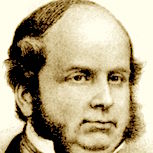
“First doubt, then inquire, then discover. This has been the process with all our great thinkers…He who knows most believes the least.”
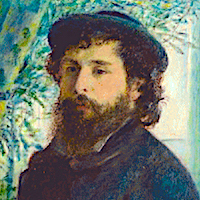
“It's on the strength of observation and reflection that one finds a way. So we must dig and delve unceasingly.”
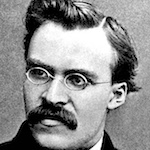
“I myself do not believe that anybody ever looked into the world with a distrust as deep as mine... a constant, subtle, incitement to an overturning of habitual opinions and of approved customs.”
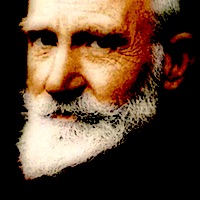
“The man who listens to Reason is lost: Reason enslaves all whose minds are not strong enough to master her.”
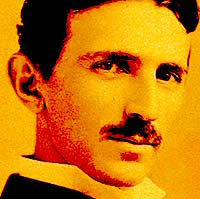
“I do not rush into actual work. When I get an idea I start at once building it up in my imagination. I change the construction, make improvements, and operate the device entirely in my mind.”
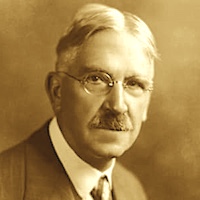
“Conflict stirs us to observation and memory, instigates invention, shocks us out of sheep-like passivity, and sets us at noting and contriving…conflict is a sine qua non of reflection and ingenuity.”

“Anyone who has begun to think, places some portion of the world in jeopardy.”
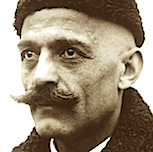
“You must learn not what people around you consider good or bad, but to act in life as your conscience bids you. An untrammelled conscience will always know more than all the books and teachers put together.”
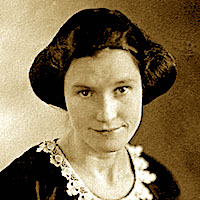
“At heart Plato was a reformer, not the philosophical contemplative men called him. A life of contemplation was far from what he wanted for his pupils... to change injustice into justice, to put self-control in the place of outside control”
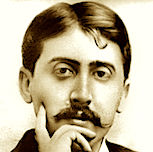
“It is not the joy of the present moment but the wise reflections of the past that help us to preserve the future.”

“I have been circling for a thousand years, and I still don't know if I am a falcon, or a storm, or a great song.”

“You’ve never lived what you are thinking, and that isn’t good. Only the ideas we actually live are of any value.”
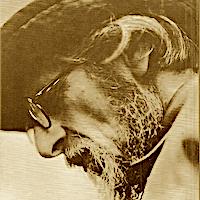
“The man incapable of contemplation cannot be an artist, but only a skillful workman.”
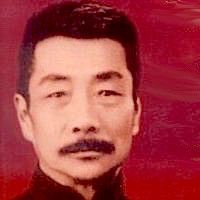
“True, we must dare look things in the face before we dare think, speak, act, or assume responsibility. If we dare not even look, what else are we good for?”
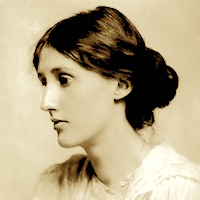
“the power which adds the supreme floor to existence,—the power of taking hold of experience, of turning it around, slowly in the light”

“Is not religion all deeds and all reflection... a wonder and a surprise ever springing in the soul?”
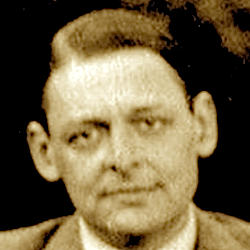
“To do the useful thing, to say the courageous thing, to contemplate the beautiful thing: that is enough for one man's life.”
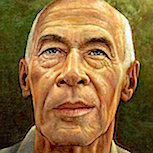
“Every man, when he gets quiet, when he becomes desperately honest with himself, is capable of uttering profound truths.”
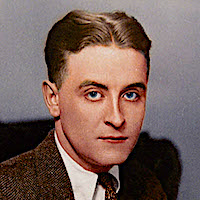
“I am slow thinking and full of interior rules that act as brakes on my desires... Everyone suspects himself of at least one of the cardinal virtues, and this is mine”
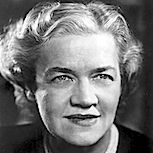
“One of the basic causes for all the trouble in the world today is that people talk too much and think too little. They act impulsively without thinking.”
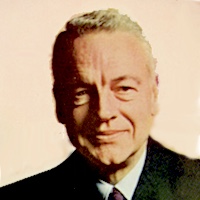
“When young people are asked, ‘What are you interested in?’ they answer that they are interested in justice: they want justice for the Negro, they want justice for the Third World. If you say, ‘Well, what is justice?’ they haven't any idea.”

“A rock pile ceases to be a rock pile the moment a single man contemplates it, bearing within him the image of a cathedral.”
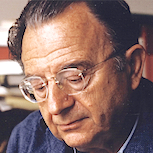
“The quest for certainty blocks the search for meaning. Uncertainty is the very condition to impel man to unfold his powers.”
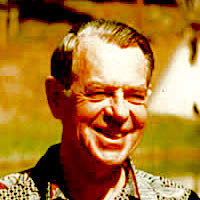
“When you get to be older, and the concerns of the day have all been attended to , and you turn to the inner life—if you don’t know where it is or why it is, you’ll be sorry.”
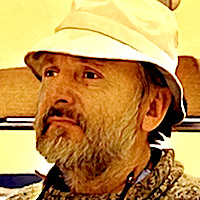
“Mental reflection is so much more interesting than TV it's a shame more people don't switch over to it.”
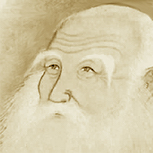
“The more information we take in, the less we have. The less contemplation, the more new writes over the old, the more mindless and meaningless our lives become.”
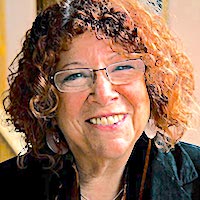
“Without reflection, we go blindly on our way, creating more unintended consequences, and failing to achieve anything useful.”
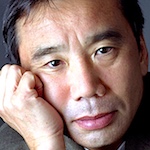
“People have to come up with a clever strategy if they want what they know and what they don't know to live together in peace. And that strategy is thinking. We have to find a secure anchor. Otherwise, no mistake about it, we're on an awful collision course.”
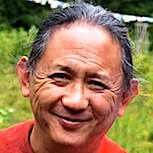
“Self-reflection is the gateway to freedom, grater appreciation and enjoyment. We begin to enjoy spending time with our own mind.”
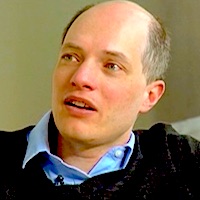
“The happiness which may emerge from taking a second look... reveals the extent to which our dissatisfactions may be the result of failing to look properly at our lives rather tan the result of anything inherently deficient about them... a certain way of looking, as opposed to a mere process of acquiring or possessing.”

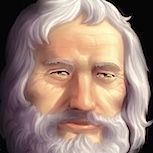
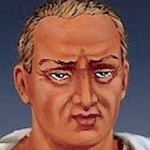

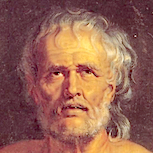
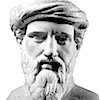
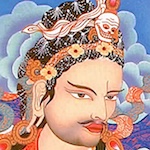
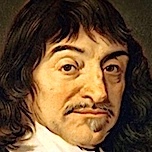

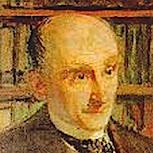
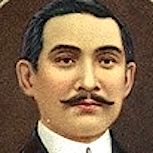
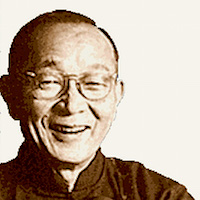
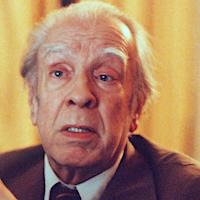

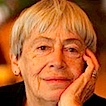


Comments (0)